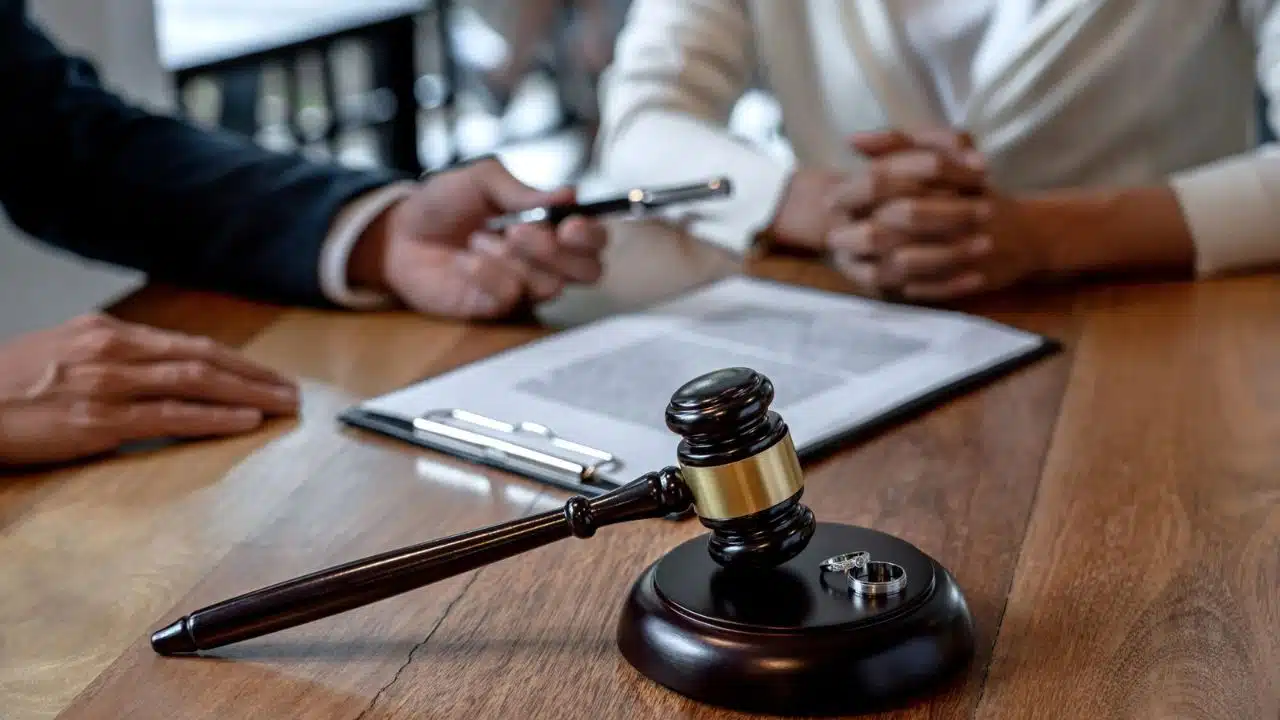Pursuing a personal injury claim can be an overwhelming process, especially if you are unfamiliar with the legal system. Whether you’ve been injured in a car accident, a workplace incident, or due to medical negligence, understanding the steps to build a strong case is crucial to achieving a favorable outcome. Here are key strategies to help you succeed in your personal injury claim and secure the compensation you deserve.
Seek Immediate Medical Attention and Keep Detailed Records
Your health and well-being should be your first priority following an injury. Seeking immediate medical attention not only ensures proper treatment but also creates a formal record of your injuries. These records will play a vital role in substantiating your claim.
Ensure you follow your healthcare provider’s recommendations, including attending follow-up appointments and adhering to prescribed treatments. Failing to seek timely medical care or skipping treatments can harm your case by giving the opposing party grounds to argue that your injuries were not as severe as claimed.
Keep all documentation related to your medical care, including bills, treatment plans, and test results. These documents provide critical evidence of the extent of your injuries and their associated costs.
Document the Incident Thoroughly
The strength of your personal injury claim often depends on the evidence you provide. Thorough documentation of the incident can make a significant difference in proving liability and damages. As soon as possible after the incident, record every detail you can remember, such as:
- The date, time, and location of the incident
- What happened leading up to and during the event
- The names and contact information of any witnesses
- Weather, environmental, or other relevant conditions
If you’re able, take photographs or videos of the scene, your injuries, and any property damage. This visual evidence can be a powerful tool in demonstrating the impact of the incident.
Avoid Discussing Your Case Publicly
One of the common mistakes claimants make is discussing their case publicly, whether in casual conversations or on social media. Statements made online or to others can be used against you by the opposing party to weaken your claim.
For example, posting pictures of yourself engaging in physical activities after the injury could lead to doubts about the severity of your condition. To protect your claim, limit discussions about the case to conversations with your personal injury attorney and avoid sharing details online.
Establish Liability and Negligence
A successful personal injury claim requires proving that another party’s negligence caused your injuries. Negligence occurs when someone fails to exercise reasonable care, leading to harm. To establish liability, you must demonstrate four key elements:
- Duty of Care: The defendant owed you a duty of care to act responsibly.
- Breach of Duty: The defendant failed to fulfill their duty of care.
- Causation: The breach directly caused your injuries.
- Damages: You suffered losses, such as medical bills or lost wages, as a result of the injury.
Your lawyer will help gather evidence to support these elements, such as witness statements, surveillance footage, or expert testimony.
Calculate and Document Your Losses
To secure fair compensation, it’s essential to calculate all your losses accurately. These losses, also known as damages, fall into two categories:
- Economic Damages: These are measurable financial losses, including medical expenses, lost income, and property damage.
- Non-Economic Damages: These refer to intangible losses, such as pain and suffering, emotional distress, and loss of enjoyment of life.
Keep all receipts, invoices, and records related to your expenses. Additionally, maintain a journal detailing how the injury has impacted your daily life, including physical limitations, emotional challenges, and missed opportunities.
Work With an Experienced Personal Injury Attorney
Navigating a personal injury claim on your own can be daunting, particularly when dealing with insurance companies or legal procedures. Hiring an experienced personal injury lawyer significantly increases your chances of success. A lawyer brings expertise in negotiation, evidence gathering, and litigation, ensuring your case is presented effectively.
Your attorney will handle communications with insurance adjusters, who often aim to minimize payouts. By advocating on your behalf, a lawyer can secure a fair settlement that reflects the true value of your claim. If the case proceeds to court, your attorney will provide skilled representation to fight for your rights.
Negotiate Effectively With Insurance Companies
Insurance companies are often involved in personal injury claims, and their primary goal is to settle cases for as little money as possible. Without proper negotiation skills, you may accept a low offer that doesn’t fully cover your losses.
Before accepting any settlement offer, consult with your lawyer to determine whether it is reasonable. They will evaluate the offer based on the strength of your case and your documented losses. If the offer is inadequate, your attorney can negotiate on your behalf or prepare the case for litigation.
Be Prepared for the Possibility of a Trial
While many personal injury cases are resolved through settlements, some proceed to trial. Being prepared for this possibility ensures that you’re not caught off guard. A trial involves presenting your case in court, including providing testimony, submitting evidence, and cross-examining witnesses.
Your lawyer will guide you through this process, ensuring you understand what to expect and how to present your case effectively. Although trials can be time-consuming, they often result in fair compensation if a settlement cannot be reached.
Succeeding in a personal injury claim requires diligence, preparation, and the support of an experienced attorney. By seeking medical attention, documenting the incident thoroughly, and working with a skilled lawyer, you can build a strong case that maximizes your chances of a favorable outcome.
Remember, every personal injury case is unique, and professional guidance is invaluable in navigating the complexities of the legal system. With the right approach and support, you can secure the compensation you need to recover and move forward.





































